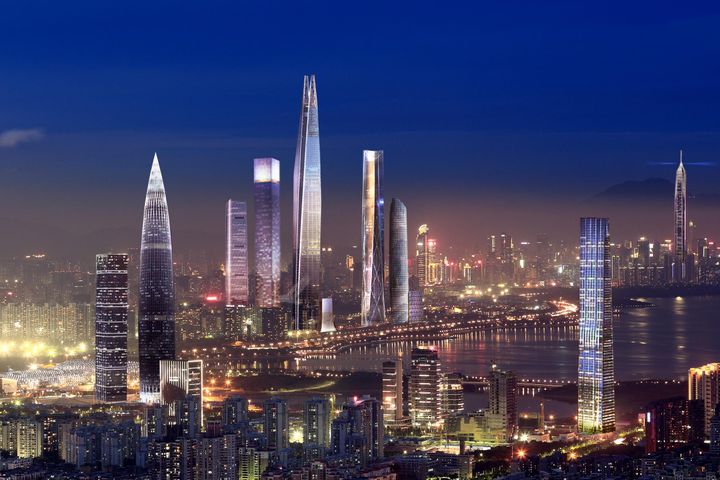 China's Greater Bay Area Offers Most Competitive Tax Rates in World, Expert Says
China's Greater Bay Area Offers Most Competitive Tax Rates in World, Expert Says(Yicai Global) Sept. 6 -- Corporate tax rates in the Guangdong-Hong Kong-Macau Greater Bay now compare favorably with those offered by other world-class bay areas, and China needs to make the tax rates more competitive going forward, Paul Ho, deputy president and taxation committee chair at CPA Australia Greater China, told Yicai Global in an interview.
The bay area in southern China is a cluster comprising nine cities in Guangdong province and Hong Kong and Macau special administrative regions. It ranks as the fourth largest bay area in the world behind New York, San Francisco and Tokyo's.
Corporate tax in Tokyo is 30.85 percent and for US firms the figure is also close to 30 percent. Both are noticeably higher than those offered in the Chinese bay, 16.5 percent and 25 percent for Hong Kong and mainland enterprises, respectively, Ho added.
The Greater Bay aims to establish itself as a world-class city cluster by 2020 and as the world's number one bay area by 2030. It will then look to become the world's most advanced manufacturing, innovation and international logistics, finance and trade center.
Tax support will be a key factor in achieving these goals. Given the difference in development levels between the cities in the region, local governments should roll out different tax incentives for different businesses. For example, Ho suggested, incentives could be introduced for certain types of businesses.
Regarding personal tax policies, Zhuhai and Hengqin in Guangdong and Shenzhen's Qianhai have implemented policies offering tax subsidies to professionals from Hong Kong and Macau to neutralize the impact of tax rate differences on their income.